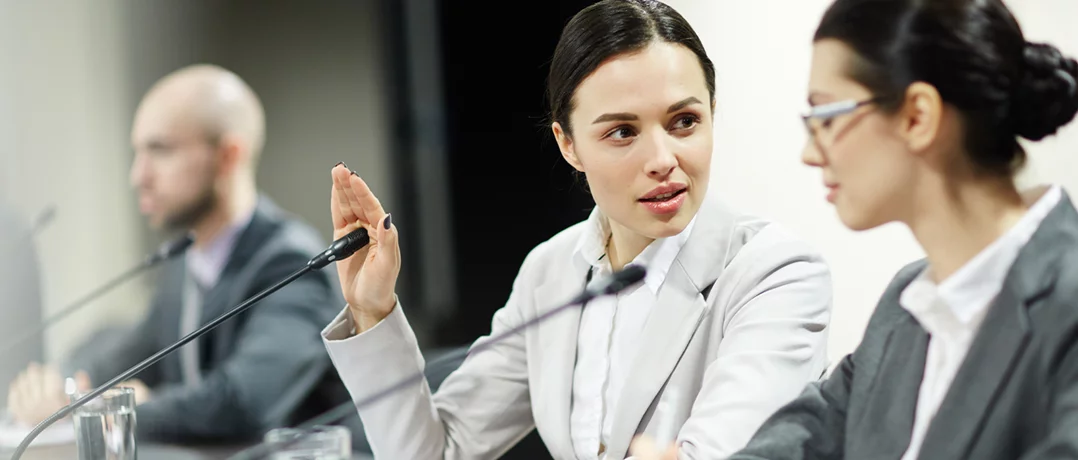Lebanon’s women break barriers in 2025 elections, but the fight isn’t over
Lebanon’s women break barriers in 2025 elections, but the fight isn’t over


Lebanon’s long-delayed 2025 municipal and mukhtar elections delivered a milestone that cannot be ignored: women doubled their representation, winning 1,331 municipal seats compared to 2016. At a time when political paralysis and economic collapse dominate headlines, this surge is more than just numbers, it signals a society slowly, but decisively, opening doors to women’s voices in public life.
For a country where politics has long been defined by sectarian divides and male-dominated patronage networks, women’s success in local councils is not a side story. It is a sign that, despite systemic barriers, Lebanese women are refusing to remain on the margins of power.
Votes beyond tradition
According to monitoring by the Lebanese Association for Democratic Elections (LADE) with UNDP support, women voters still navigate heavy family influence, partisan loyalties, and local networks when heading to the polls. Rural communities showed that family gatherings often outweighed official electoral information.
Yet beneath these traditional dynamics lies a quiet revolution. Women showed a strong willingness to support female candidates, breaking the old stereotype of political disengagement. This trend reveals a new political consciousness, even if systemic obstacles like restrictive personal status laws and the absence of nationwide electoral education continue to limit their independence as voters.
Candidates pushing boundaries
The rise in women’s candidacies is historic: 12% of total candidates were women, many of them running for the first time. Their motivation was not simply ambition but civic duty, community service, and resilience in the face of entrenched patriarchy.
Still, many were included on electoral lists in symbolic roles, sidelined from real campaign influence. Financial exclusion added another layer of inequality, with women lacking access to party funds or patronage networks. And yet, solidarity became a weapon: more than 90% of female candidates reported supporting one another, building the kind of grassroots alliances that could shape the future of Lebanese politics.
Mukhtar: A different path
For women, the mukhtar position, traditionally seen as a mix of local authority and community service, provided an alternative entry point into politics. It was less about confrontation and more about leadership within familiar structures. Many women candidates came from activism, turning social and environmental causes into platforms for political action.
But victories were scarce. Just 2.42% of mukhtar seats went to women, underscoring how deeply local prestige and family ties still favor men.
Parties still lag behind
Perhaps the greatest barrier remains Lebanon’s political parties. While they speak of equality, they continue to sideline women in favor of male candidates with family and financial backing. Without reforms, internal quotas, leadership training, and gender-sensitive policies, parties will keep reinforcing the structures that marginalize women.
Why it matters
Lebanon is in crisis. Trust in politics is at an all-time low. In this context, women’s rise is not symbolic, it is essential. Female administrators played a key role in managing elections, ensuring credibility even in difficult conditions. Women candidates injected fresh energy and perspectives into a stagnant system. Their success shows that rebuilding democracy is impossible without women at the table.
The message is clear: doubling women’s seats is progress, but it is not enough. Real change requires a proportional electoral law, a temporary 30% quota for women, stronger protections against political violence, and reforms that dismantle patriarchal barriers.
Lebanon’s 2025 municipal and mukhtar elections proved one thing: women are ready to lead. The challenge now is ensuring their voices are never sidelined again. How can Lebanon guarantee that women’s political participation becomes a permanent, not temporary, feature of its democracy?


